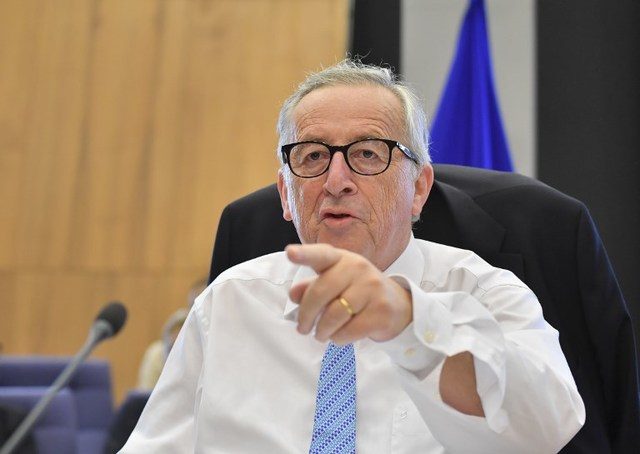SUMMARY
This is AI generated summarization, which may have errors. For context, always refer to the full article.

BERLIN, Germany – European Commission President Jean-Claude Juncker voiced doubts on Saturday, December 29, about Romania’s ability to take over the European Union’s (EU) 6-month rotating presidency next month, amid tensions between Bucharest and Brussels.
Even if the country is “technically well-prepared,” the “Bucharest government has not fully understood what it means to preside over the countries of the EU,” Juncker said in an interview with the newspaper die Welt.
He said the EU presidency “requires a willingness to listen to others and a willingness to put one’s own concerns in the background. I have some doubts about this.” (READ: EU drifts toward rocks on populist tide)
He also questioned the capacity of the country, faced with internal political tensions, to appear as a “compact unit” in Europe.
Romania assumes the EU’s rotating presidency on January 1, 2019 for the first time since it joined the bloc in 2007, succeeding Austria.
It comes as the EU is at loggerheads with the increasingly populist government in Bucharest on multiple fronts.
Romania’s left-wing government has recently begun to adopt the sort of nationalist rhetoric expounded by nearby Hungary and Poland.
Liviu Dragnea, head of the ruling Social Democrats (PSD) and widely seen as Romania’s most powerful man, has slammed the EU as “unfair,” claiming Brussels is seeking to deny Bucharest the “right to hold its own opinions.”
One of the main reasons for the cooling of relations between Bucharest and Brussels is the PSD’s planned overhaul of Romania’s judiciary, which the government says is aimed at clamping down on “abuses” by judges and magistrates.
The European Commission has called for the reforms to be scrapped, saying they undermine the fight against corruption in one of the EU’s most graft-prone states.
Moreover, Romania may find it difficult to speak with a united voice, given the tug-of-war between the government of Viorica Dancila – the 3rd PSD prime minister since 2016 – and center-right President Klaus Iohannis.
A staunch pro-European who has frequently clashed with the government, Iohannis represents Romania on the European Council. – Rappler.com
Add a comment
How does this make you feel?





There are no comments yet. Add your comment to start the conversation.